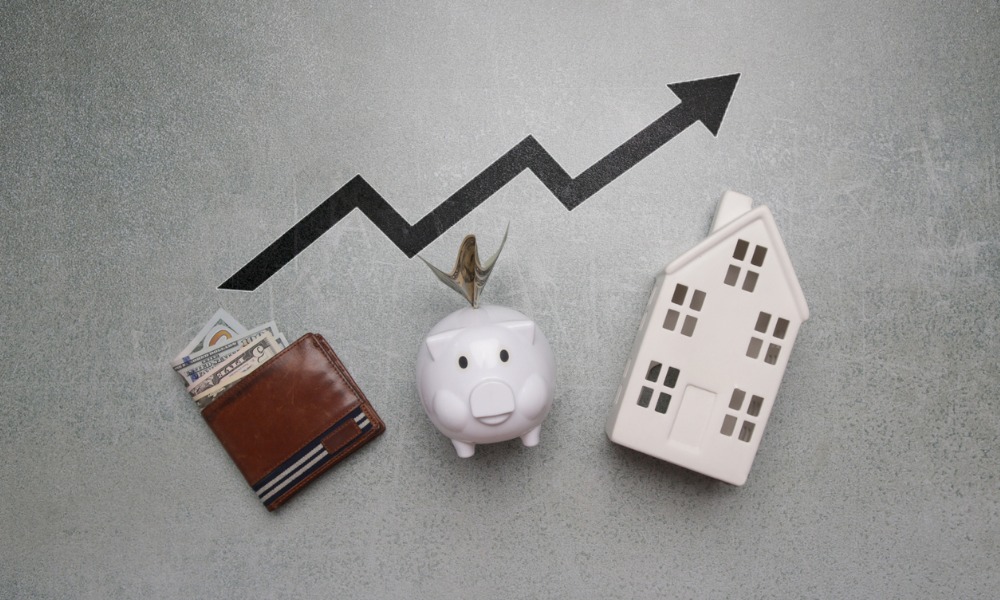Frugal Living Hacks to Boost Smart Spending
Many people think that frugal living means living in poverty, but in reality, it means making wise choices and maximizing every penny. Frugality isn’t just about spending wisely to save money; it’s about maximizing the value of every penny. Behavioral economics shows that people often make impulsive purchases and seek immediate results, which can hinder … Read more




